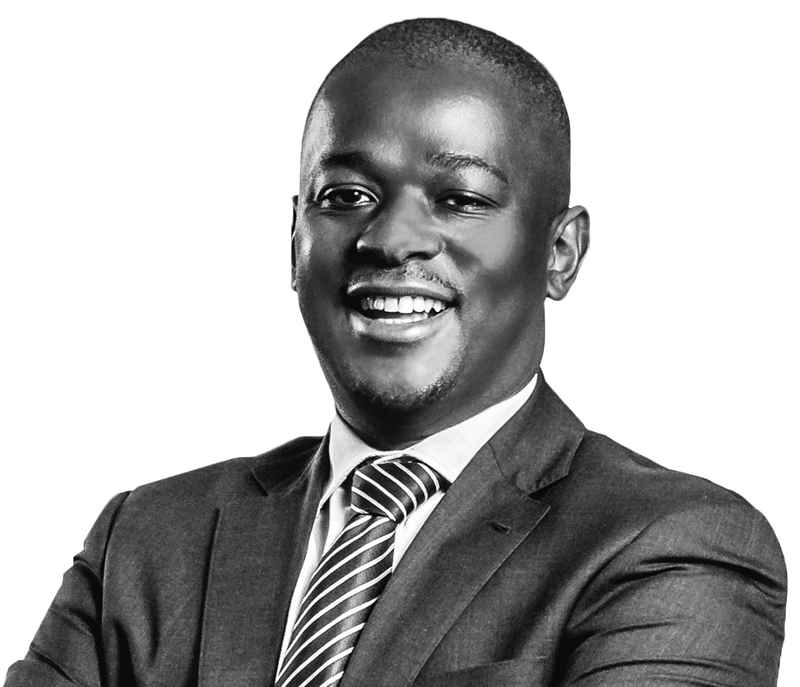The market value of your stake in Chinese internet company Tencent alone exceeds the market cap of Naspers by some margin, which implies that the market remains sceptical about the value of the long list of other assets you own. By when do you expect the bulk of your development assets to mature into meaningful cash contributors?
Our focus remains on delivering long-term value, sustainable profits and return on invested capital as opposed to reacting to short-term market movements. Since they’ll become difficult to ignore, we expect sustained good results and increased contributions from our fast-growing ecommerce operations to rectify the discount over time.
Your video entertainment (pay television) business has been a major source of cash flow for the group but is currently facing macro-economic pressures, while the strong-performing Tencent pays a relatively small dividend. How do you expect to manage your cash flow where many of your businesses still require further investment and you probably come across many new potential opportunities on a regular basis?
Our business plan is fully funded, and we have an undrawn revolving credit facility of US$2.5 billion to fund future acquisitions. Our South African video entertainment business has shown strong results to date.
Would you at some stage consider reducing your stake in Tencent to provide funding for other potential new ventures? What would be the practical implications of such a reduction in shareholding?
While there are no limitations preventing us from doing so, we see Tencent as an appreciating asset – we have no plans to sell or unbundle our stake in the company.
Your online classifieds portfolio seems to be positioned to become the next meaningful profit contributor for the group. What is your strategy with regards to monetising the significant user base of this business, and do you foresee any risk that players like Facebook or Google may change the shape of the industry before you have the opportunity to generate profits from these businesses?
Our classifieds business is progressing very well and we believe there’s an exciting road ahead.
We currently operate across 40 countries, of which we monetise 10 – Russia, the United Arab Emirates, Portugal, Poland, Bosnia, Bulgaria, Romania, Ukraine, Brazil and Ecuador – with seven already profitable and cash generative.
We also lead in another 24 countries where we’re not monetising meaningfully as yet, mainly as a result of the markets not yet having reached a certain level of maturity. These markets will take time to develop.
The classifieds business model is typically a ‘winner takes all’ model, and unless we lose focus or fail to keep up with technology and changing consumer needs, we believe we’re well positioned relative to other potential market entrants.
You’ve managed some reputable businesses such as eBay Germany and Schibsted Classified Media. What attracted you to Naspers, and what excites you the most about the group’s future prospects?
Before joining Naspers I’d been a long-time admirer of the group. I had dealings with Naspers as far back as 2009. I specifically admired its boldness and the speed at which things happen in the group. This, together with its willingness and ability to take risks and evolve its business model, sets Naspers apart from any other ecommerce business out there.
